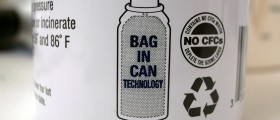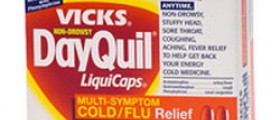
Nasal Decongestants
Nasal decongestant is the solution for this problem, but there are so many of them available on the market and this may pose a problem. There are cough suppressants, decongestants, antihistamines and a person can sometimes have a hard time choosing which to take. If you want to eliminate the symptoms and the infection causing the nasal congestion, you need to find a good nasal decongestant and we will help you do this.
The Best from the Best
You have to clear you nasal passage, so you need a product that can do this thus helping you breathe better and through the nose. Drying effect of the nasal decongestant should decrease the runny nose issue. A good nasal decongestant needs to decrease the blood flow to the nasal membranes because this will result in less breathing done through the nose, reduced head and sinus pressure and better air flow, which will decrease the general discomfort felt due to the nasal congestion.
Sudafed is the best nasal decongestant available today and it is available in the tablet and spray form. Sinus pressure brought on by the nasal congestion or sinusitis can be reduced with the use of this product. Other very good nasal decongestants are Dristan, Otrivin, Neo-Synephrine and Afrin nasal spray. They are very effective when early stages of viral infection or common cold are in question, as well as in cases of blocked nasal passages. These products reduce the blood flow to the sinuses and nose linings by affecting the alpha receptors located in the blood vessels' walls. Never use a nasal spray more than five days and each day you can use it on two or three occasions only. The effects of the nasal congestion last from 9 to 10 hours, so by following these instructions you will have clear nasal passages for the entire day. Do not overuse nasal decongestants because they can lead to increased heart rate, blood pressure, drowsiness and lightheadedness.

















Your thoughts on this
Loading...